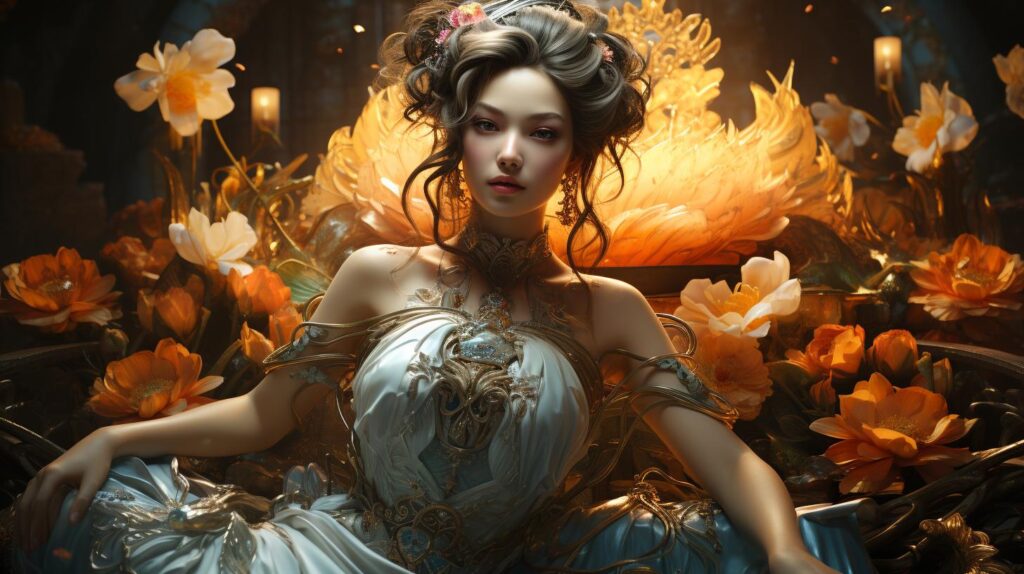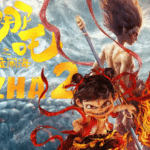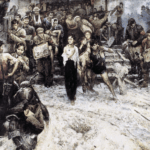Nezha vs. Greek and Norse Titans: A Mythic Showdown of Power and Symbolism
Mythology has always been a battleground of ideas, values, and cosmic forces. Imagining a clash between Nezha, the rebellious Chinese deity, and legendary figures from Greek and Norse myth opens a fascinating debate: who would prevail in such a duel, and what deeper cultural meanings do their powers embody? This article explores the strengths, symbols, and mythic significance behind these iconic figures.
Nezha’s Divine Rebellion Against Western Gods
Born from mystical lotus roots and wielding supernatural artifacts, Nezha embodies defiance and celestial might in Chinese folklore. His weapons—the Universe Ring, Fire-Tipped Spear, and Wind-Fire Wheels—symbolize destruction, agility, and unyielding spirit. Unlike the disciplined Greek gods or fate-bound Norse warriors, Nezha represents raw chaos harnessed for justice, a cosmic balancing force in Eastern thought.
Pitted against the likes of Thor (Norse) or Ares (Greek), Nezha’s abilities challenge cultural norms. Thor relies on brute strength and divine lineage, reflecting Norse ideals of honorable combat, while Ares thrives in bloodshed as war’s chaotic embodiment. Yet Nezha’s combat style—fluid, unorthodox, and unbound by tradition—could outmaneuver their rigid doctrines, showcasing a clash between Eastern adaptability and Western structured might.
Cultural Symbolism: Chaos vs. Order, Destiny vs. Free Will
The duel extends beyond physical power into philosophical contrasts. Norse mythology fatalistically accepts Ragnarök, where even gods perish predestined deaths. Greek heroes like Heracles earn glory through trials but remain bound by Olympian hierarchies. Meanwhile, Nezha transcends his fate repeatedly—defying the Dragon Kings, overcoming a martyr’s death, and reshaping his destiny, mirroring Taoist and Buddhist concepts of rebirth and self-mastery.
This ideological divide reveals core values: Western myths often reinforce order (Zeus’s rule) or heroic sacrifice (Odin’s wisdom quests), whereas Nezha’s tales celebrate disruptive harmony—a balance achieved through upheaval. His victory in a hypothetical battle would symbolize the triumph of transformation over tradition, a theme resonating in modern storytelling’s antiheroes.
Conclusion: A Mythic Reflection of Timeless Ideals
Whether Nezha defeats Thor or Ares matters less than what each figure represents. The rebellious Chinese deity champions fluidity and defiance, while Greek and Norse gods exemplify structured power and fatalism. Their imagined clash underscores humanity’s eternal struggle between change and stability. Ultimately, mythology remains a mirror—reflecting how cultures envision strength, destiny, and the very fabric of the divine.


